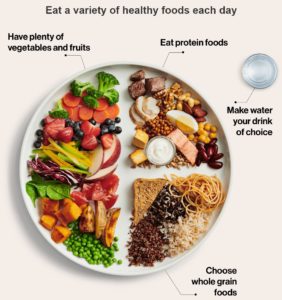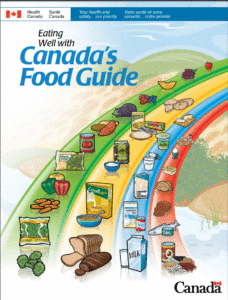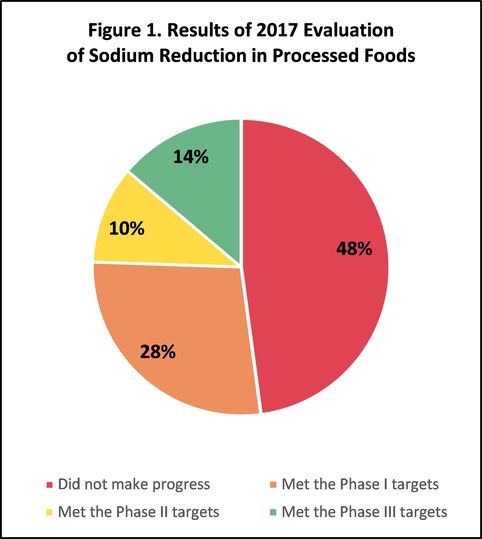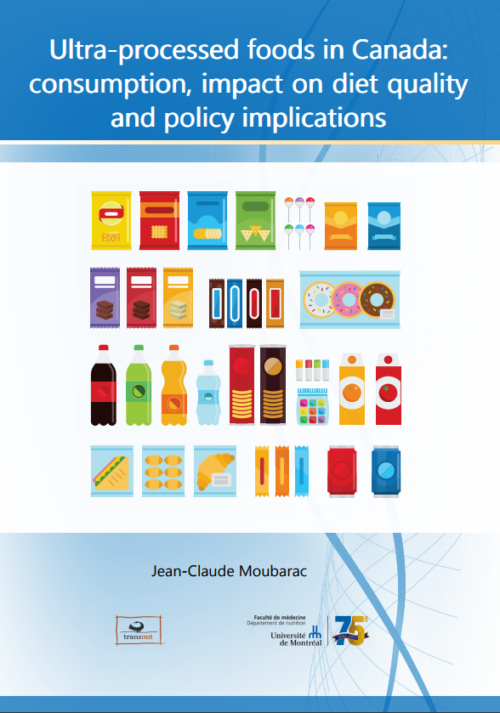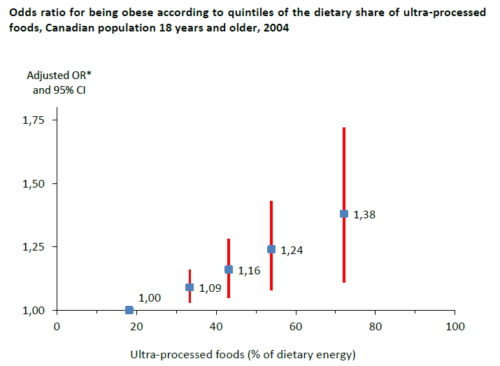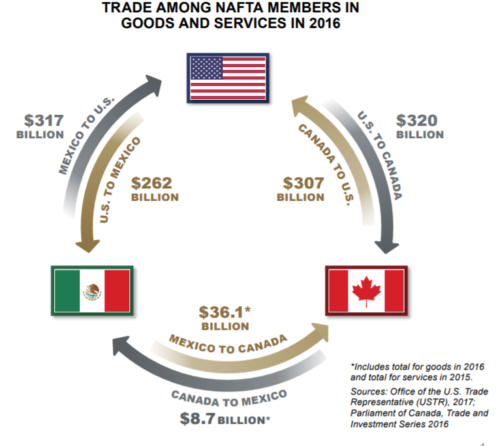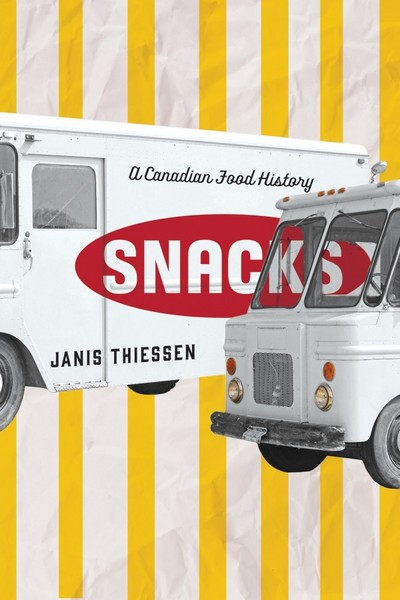The basic agreement does not say much about agriculture, but the Trade Representative has produced a separate fact sheet for agriculture.
The White House says:
The agreement specifically addresses agricultural biotechnology to keep up with 21st Century innovations. And we mutually pledge to work together with Mexico to reduce trade-distorting policies, increase transparency, and ensure non-discriminatory treatment in grading of agricultural products. This is nothing short of a great victory for farmers and ranchers because…Mexico has historically been a great customer and partner.
And then comes the kicker:
We now hope that Canada will see the need to settle all of the outstanding issues between our two nations as well, and restore us to a true North American Free Trade Agreement.
According to Politico,
Trump warned that efforts to revamp the 24-year-old pact could result in two different agreements, and threatened Canada with tariffs on automobiles if Ottawa didn’t agree to negotiate “fairly.”
Mexico’s president must be worried about Canada. In a phone call with Trump, he said:
It is our wish, Mr. President, that now Canada will also be able to be incorporated in all this. And I assume that they going to carry out negotiations of the sensitive bilateral issues between Mexico — rather, between Canada and the United States.
According to the New York Times, Canada is scrambling to get in on the deal. Why? Three-quarters of its exports go to the U.S., and automobile supply chains are at issue.
Also according to the New York Times, Congress calmed things down a bit and the White House is giving Canada more time to figure out how to handle all this.
According to Vox, here’s how that happened.
Trump argues that NAFTA has been bad for the United States. That is unlikely. It’s been much worse for Mexico (see, for example, Alyshia Gálvez’s Eating NAFTA: Trade, Food Policies, and the Destruction of Mexico, out next month).
Thanks to The Hagstrom Report for providing these documents:



